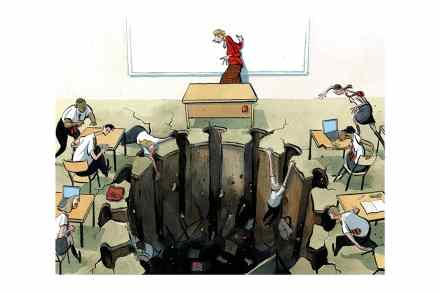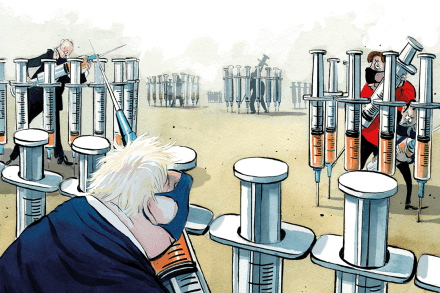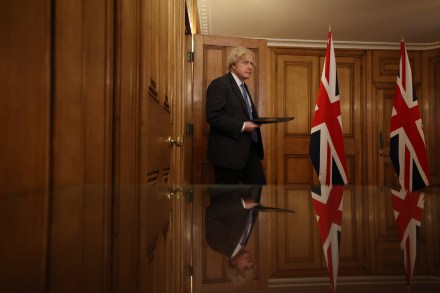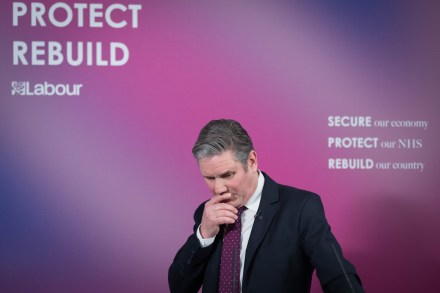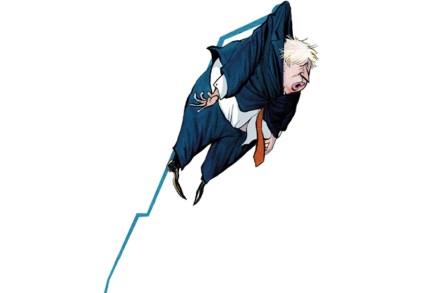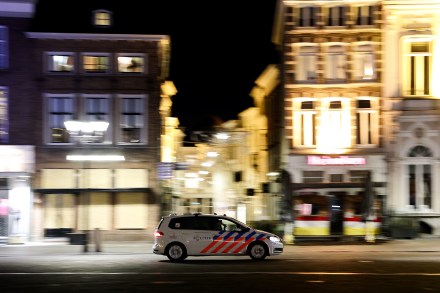Can Boris Johnson help struggling students?
Helping children catch up on the best part of a year out of the classroom is one of the biggest tasks facing the government. On Wednesday, Gavin Williamson announced an extra £400 million in funding which schools can use to run summer programmes and other catch-up projects. That’s on top of £300 million allocated last month and £1 billion announced last year. Ministers hope that their Recovery Premium will help schools support particularly disadvantaged pupils, who have fallen further behind than their peers as a result of having to do remote learning for so long. But they are also under pressure to show that they are thinking about the long-term,
